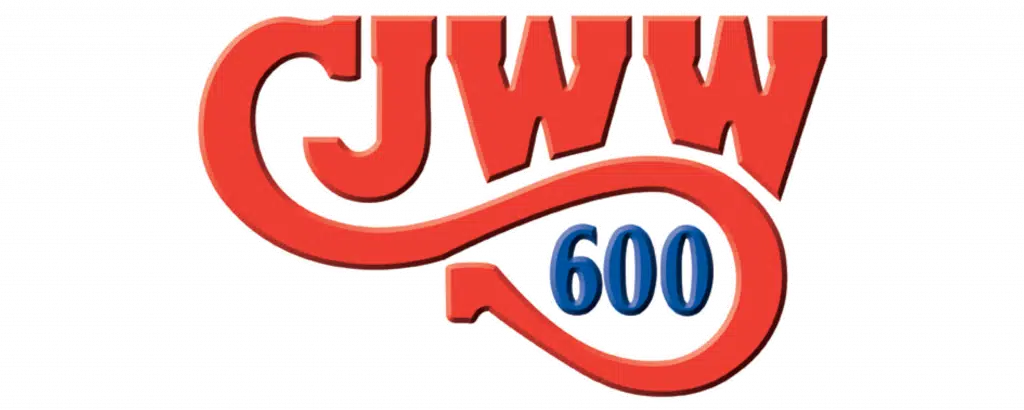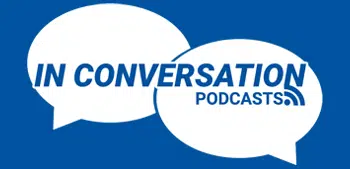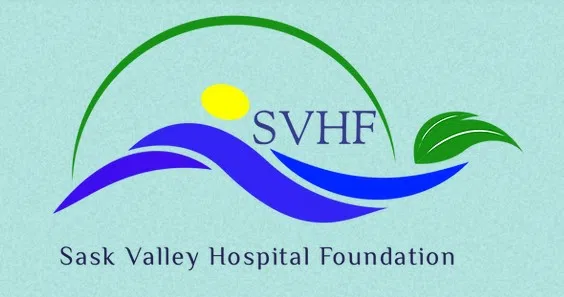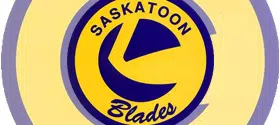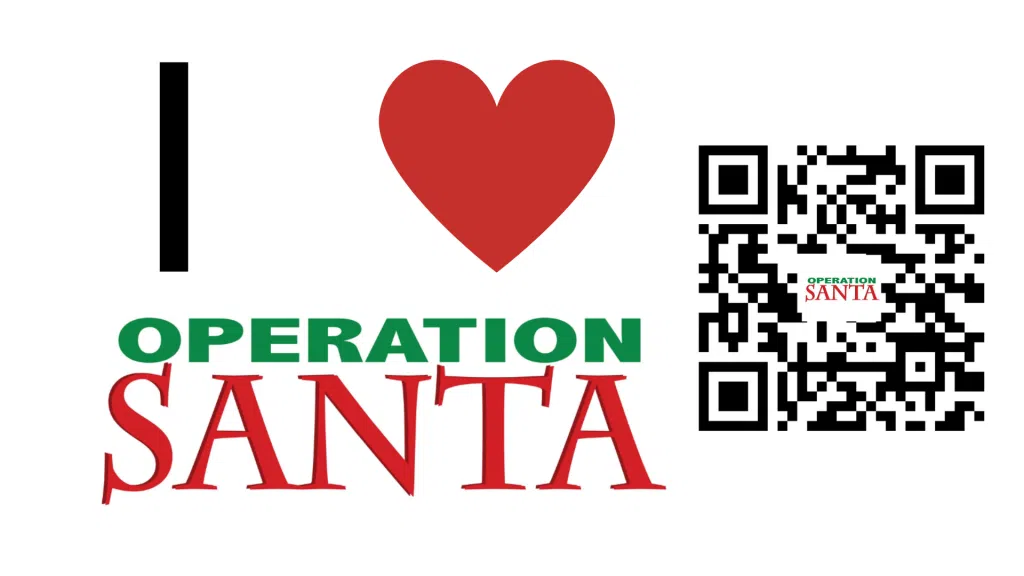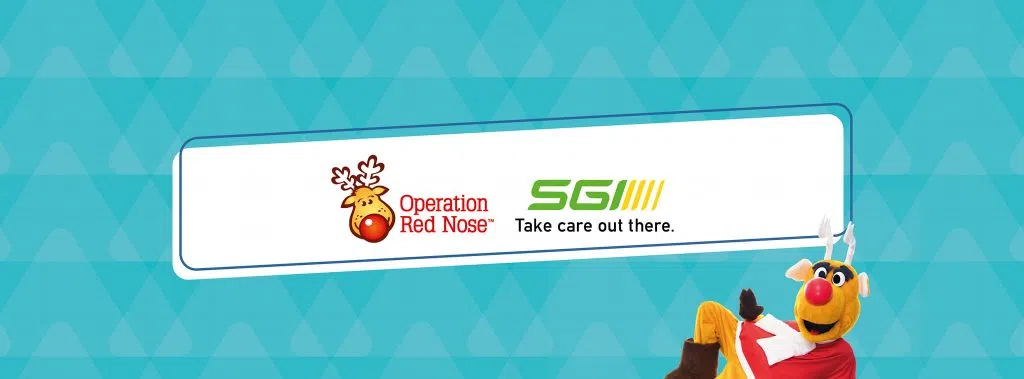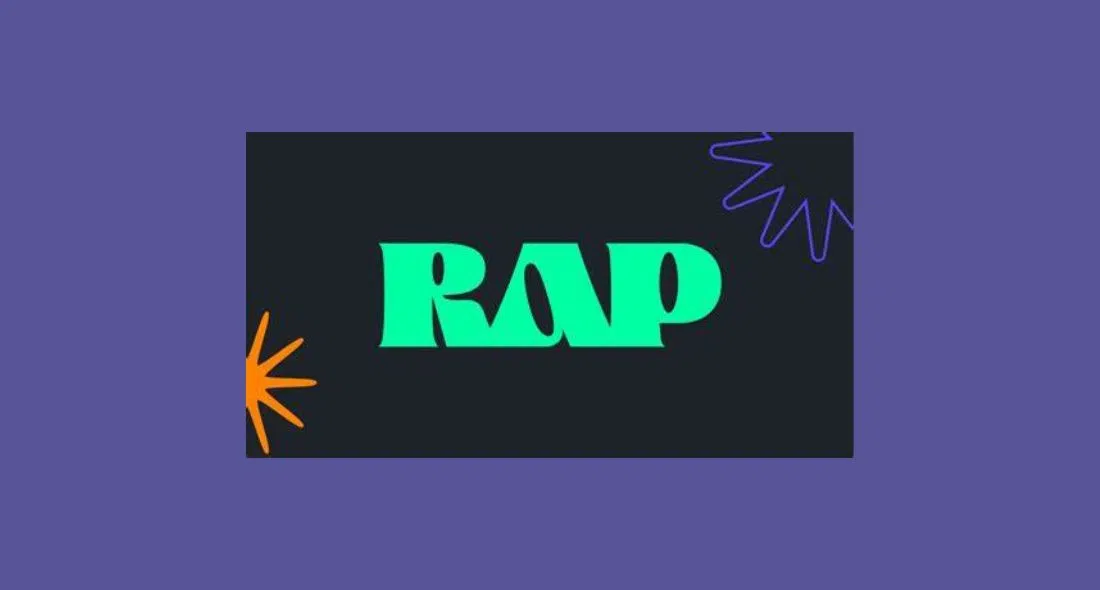
Although technology was intended to make our lives easier, the Executive Director of Saskatoon’s Restorative Action Program says the internet is making the lives of high school students increasingly more difficult.
Leane Durand, the program’s Executive Director, says RAP is a resource that helps students build health relationships, deal with conflict, navigate the online world and understand cyber-safety.
“I would say that probably 95 per cent of the conflict (we deal with) and work that we do involves some element of social media or online.”
She adds that facilitators have noticed an uptick in aggression, mental health issues, and conflict since the pandemic.
“We’ve seen a really big increase, especially in aggression, mental health issues, we’ve seen an increase in students really just struggling in their day-to-day with a lot of really hard things.”
Durand explains that the program is unique, because RAP facilitators have their offices embedded within the schools, making it easier for students to seek help.
“Teachers and admin are trying to focus on the academics, so we’re that ally for students, and we’re there to support them with all that really messy stuff.”
She adds that RAP operates with an open-door policy, taking referrals from teachers, parents, admin, community members and students.
The non-profit assists three quarters of the high schools in Saskatoon, but Durand says additional funding could help them serve all 16. She adds that donations can be made on the RAP website, as well as Instagram, Facebook and LinkedIn.
RAP members will be holding their Annual General Meeting tomorrow (Wednesday) at Saskatoon’s Centennial Collegiate library.
